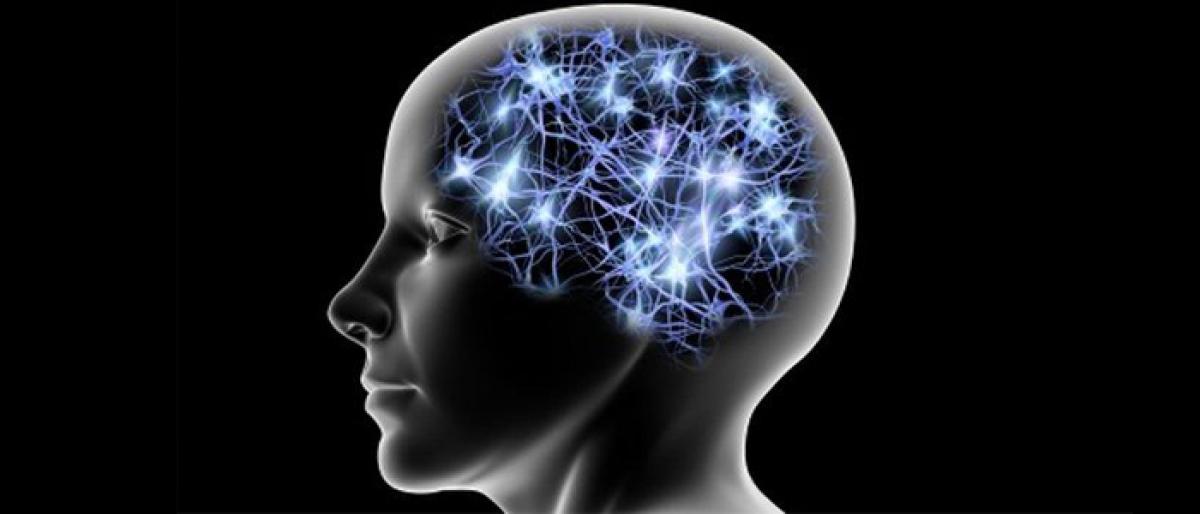Your brain cells may be making you brave

Ever wondered why some people comfortably walk between skyscrapers on a highwire while others freeze on the mere thought of climbing off escalators in a shopping mall It could be the presence of a certain type of cells in the brains hippocampus, a study has found
Ever wondered why some people comfortably walk between skyscrapers on a high-wire while others freeze on the mere thought of climbing off escalators in a shopping mall? It could be the presence of a certain type of cells in the brain's hippocampus, a study has found.
The findings showed that neurons known as OLM cells in the hippocampus play a significant role in risk taking behaviour and anxiety.
The discovery of these neurons and their role in anxiety and risk-taking may open a path for the development of highly efficient anxiolytics and antidepressants without common side-effects, such as apathy, the researchers said.
The OLM cells, when stimulated, produce a brain rhythm that is present when animals feel safe in a threatening environment (for example, when they are hiding from a predator but aware of the predator's proximity).
OLM cells were the "gatekeepers" of memories in the hippocampus and these cells were very sensitive to nicotine.
"This finding may explain why people binge-smoke when they are anxious," said Richardson Leao, from the Brain Institute of the Federal University of Rio Grande do Norte in Brazil.
Manipulation of OLM cells can control anxiety and risk-taking behaviours, the researchers said, in the paper published in the journal Nature Communications.
While adaptive (or normal) anxiety is essential for survival because it protects us from harm, but excess levels can be dysfunctional and severely interfere with daily life.
Thus, to act in a single brain region and in a very specific group of cells to control anxiety may be a major breakthrough in treating anxiety and associated disorders like depression, the researchers noted.








